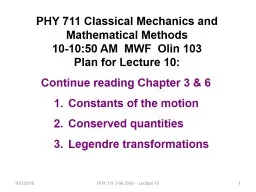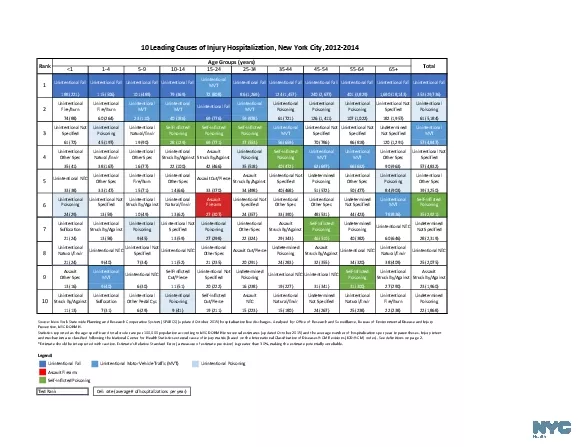PPT-2018 NJASBO Fall In-Service Programs
Author : phoebe-click | Published Date : 2018-12-15
Voting Issues for Boards of Education DoubleTree Mt Laurel 92518 Hilton Garden Inn Rockaway 92718 Michael F Kaelber Esq NJASBO Education Law Consultant kaelbs1122aolcom
Presentation Embed Code
Download Presentation
Download Presentation The PPT/PDF document "2018 NJASBO Fall In-Service Programs" is the property of its rightful owner. Permission is granted to download and print the materials on this website for personal, non-commercial use only, and to display it on your personal computer provided you do not modify the materials and that you retain all copyright notices contained in the materials. By downloading content from our website, you accept the terms of this agreement.
2018 NJASBO Fall In-Service Programs: Transcript
Download Rules Of Document
"2018 NJASBO Fall In-Service Programs"The content belongs to its owner. You may download and print it for personal use, without modification, and keep all copyright notices. By downloading, you agree to these terms.
Related Documents














